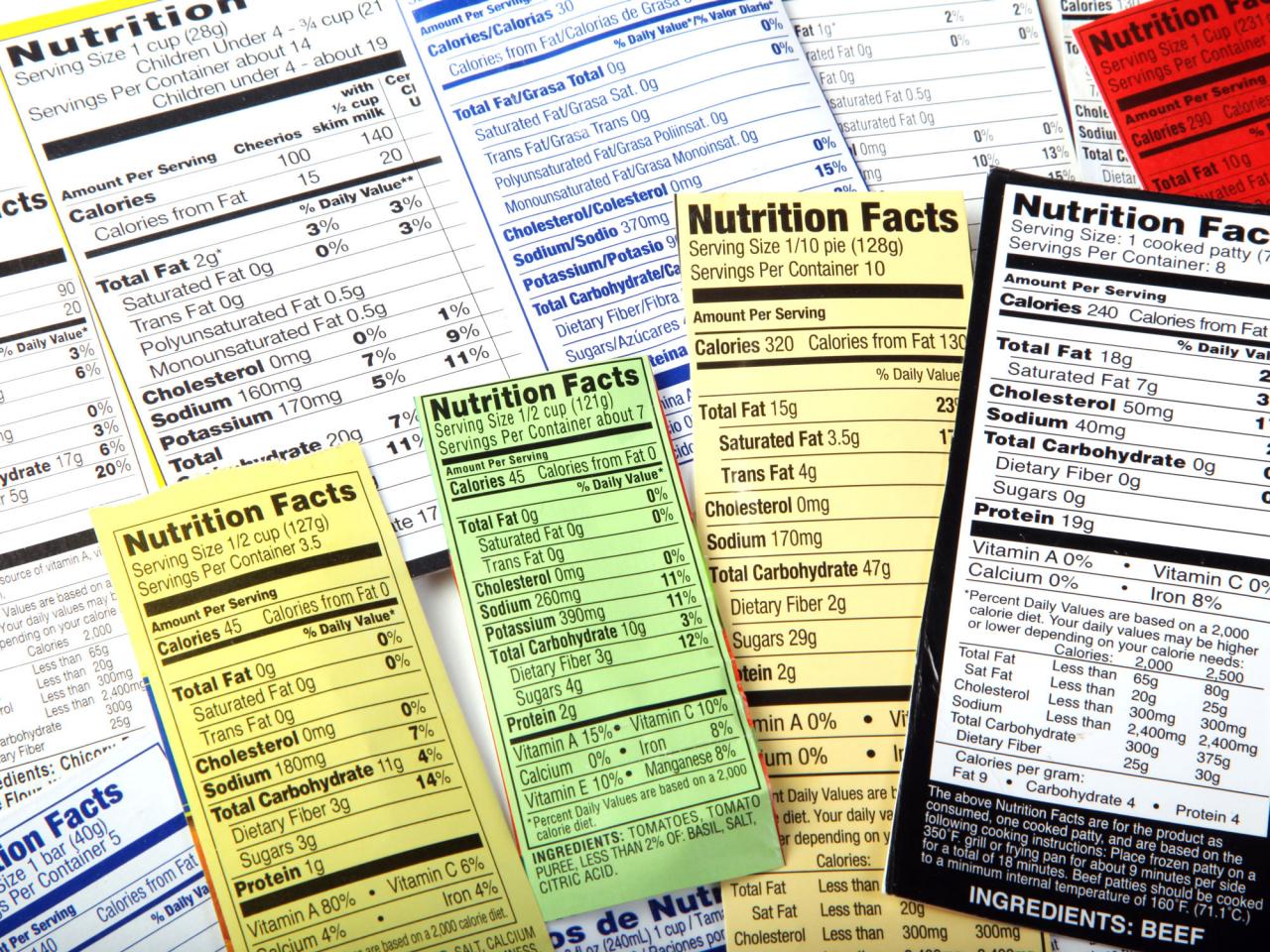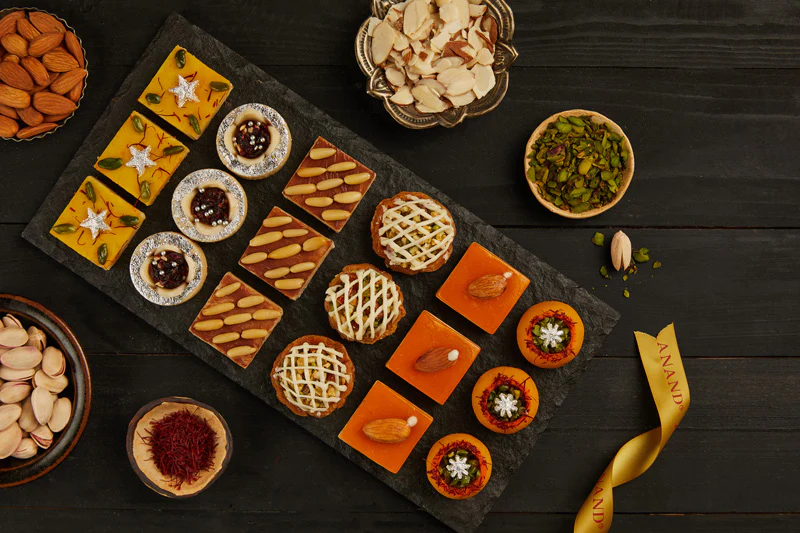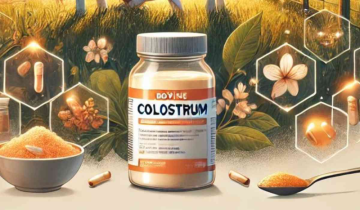Diwali is just around the corner, it’s that time of year when sweets, snacks, and festive treats are in high demand. Reading food labels are often-overlooked aspect of festive food shopping. These labels can sometimes be misleading, creating a false sense of health and quality. Let’s dive into some common pitfalls in food labeling and how to avoid falling for them this Diwali season.
Decoding “Sugar-Free” and “Low-Calorie” Claims
It’s common to find food labeled “sugar-free” during festivals, especially in sweets and treats aimed at diabetics or calorie-conscious consumers. “Sugar-free” items might still be high in fats, refined cereals, and hidden sugars, which contribute to high calories. Look out for ingredients like maltitol, fructose, and corn syrup, which have similar effects on blood sugar levels.
_1729951331.png)
Misleading “All-Natural” and “Organic” Labels
Brands frequently label products as “all-natural” or “organic” to appeal to health-conscious buyers. While natural ingredients are ideal, these labels are often loosely used. Products with minimal natural ingredients still display an “all-natural” tag. When it comes to organic foods, only items that meet FSSAI’s Jaivik Bharat standards are genuinely 100% organic. So, it’s essential to look for the Jaivik Bharat logo on organic products.

Understanding Nutritional Claims
The products labeled “good source of protein” or “high in vitamins” might not meet your daily nutritional needs as claimed. To make an informed decision, check the actual quantity of nutrients listed. This is especially relevant for snacks or fortified foods, which may not provide the substantial health benefits the labels imply.
Festival Foods and Hidden Sugars
Many packaged sweets and snacks contain hidden sugars and additives, even if labeled as “made with real fruit” or “whole grain.” The products with only 10% fruit pulp to claim “real fruit” status. So, if you’re buying fruit-based sweets or drinks this season, don’t assume “real fruit” means high fruit content.
Beware of Fake Milk Products in Festive Sweets
Indian sweets, particularly those made from milk products like khoya, paneer, and other milk products, are a staple during Diwali. Unfortunately, the market is rife with artificial milk products and flavors, which can mislead consumers. Many sweet makers resort to using synthetic milk or milk powders instead of pure, traditional ingredients. Additionally, artificial flavors can enhance the taste but are not for health like natural ingredents. This makes it crucial to read labels and know the sources of your festive sweets to ensure that you’re getting genuine products.

Tips for Diwali Food Shopping
To ensure a healthier Diwali, try to minimize ultra-processed foods and look for items with simple ingredient lists. Instead of relying on marketing claims, study the nutritional information, especially the serving sizes and daily values. Avoid artificial sweeteners, which can lead to health issues like obesity and diabetes if consumed regularly. This Diwali, let’s celebrate mindfully by choosing authentic, wholesome foods for ourselves and our loved ones. By reading food labels carefully, you can enjoy festive treats without compromising your health.
To safeguard your family’s health, look for genuine, reputed brands that disclose full ingredient information. If you encounter misleading labels or suspect fake ingredients, you can file a complaint with the Food Safety and Standards Authority of India (FSSAI), which regulates food safety standards in India. Additionally, you can approach thethe Ministry Of Consumer Affairs or call the FSSAI’s food safety helpline (1800-112-100) to report concerns. This Diwali, let’s celebrate mindfully by choosing authentic, wholesome foods for ourselves and our loved ones. Let’s choose wisely to enjoy festive treats without compromising your health.
Inputs by Agencies
Image Source: Multiple Agencies
Ⓒ Copyright 2024. All Rights Reserved Powered by Vygr Media.







![[BREAKING NEWS] Dr Manmohan Singh Passes Away at 92](https://vygrnews.com/upload/blog/banner/360/17352329551253531978.jpg)

